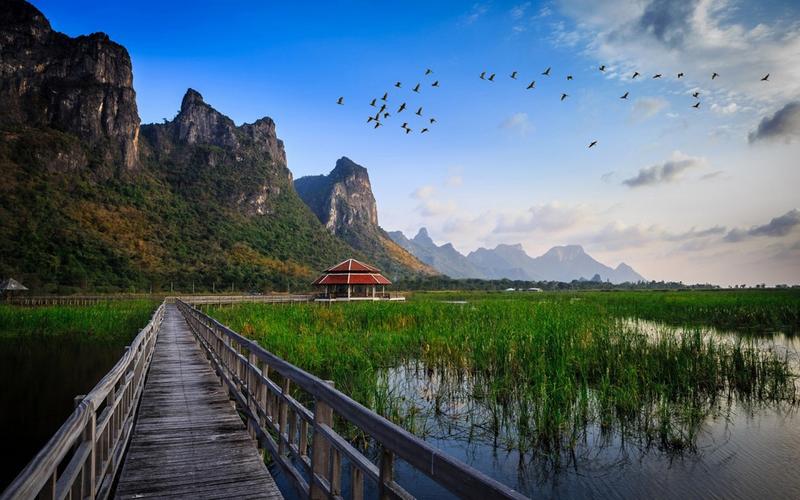Preserving Cultural Traditions in Venezuela: An Insight into the Country’s Continual Appetite for Tradition and Heritage
Venezuela has always been known for its colorful culture, vibrant traditions, and rich heritage. From its delicious cuisine to its lively music, Venezuela has a unique identity that is deeply rooted in its history and traditions. These cultural treasures are not just important for preserving the country’s identity, but they also play a crucial role in the country’s social, economic, and political development.
Despite several challenges, Venezuela has been successful in preserving its cultural traditions. The country has an insatiable appetite for its heritage that drives the continuation of its culture. From the Caribbean coastline to the Andes Mountains, Venezuela has a diverse range of ethnicities and cultures. Each region has its own unique traditions and customs, but they all share a common thread of rich heritage.
One of the most important aspects of preserving Venezuela’s cultural traditions is through the promotion of its traditional festivals and celebrations. These events vary from region to region, but they are all aimed at showcasing the country’s culture and traditions. The Carnaval de Negros y Blancos in San Juan de Pasto, for example, is one of the most popular festivals in Venezuela. This event is dedicated to celebrating the country’s multiculturalism and diversity and draws thousands of tourists from all over the world every year.
Another way Venezuela is preserving its cultural traditions is through its museums and heritage sites. These museums showcase the country’s history and heritage through art, artifacts, and exhibitions. The Museo de Arte Contemporaneo in Caracas, for instance, is dedicated to showcasing the country’s contemporary art scene and contemporary culture.
Venezuela is also using its cultural traditions to fuel its tourism industry. The country boasts of a plethora of attractions from natural wonders to its historic sites. The Angel Falls, for instance, is one of the most popular tourist attractions in Venezuela. This breathtaking waterfall is the world’s highest uninterrupted waterfall and one of the country’s most iconic landmarks. The country is also known for its rich archaeological sites, including the Tepuyes and the Pemon Village.
In conclusion, preserving cultural traditions in Venezuela is integral to the country’s social, economic, and political development. These traditions and customs not only give a sense of identity and belonging to the Venezuelan people but they also generate economic growth and foster social cohesion. The country is well on its way to preserving its cultural heritage through the promotion of its traditional festivals and celebrations, museums, tourism, and more. As the country continues to grow and evolve, its unique cultural traditions will always remain a vital part of its identity.
(Note: Do you have knowledge or insights to share? Unlock new opportunities and expand your reach by joining our authors team. Click Registration to join us and share your expertise with our readers.)
